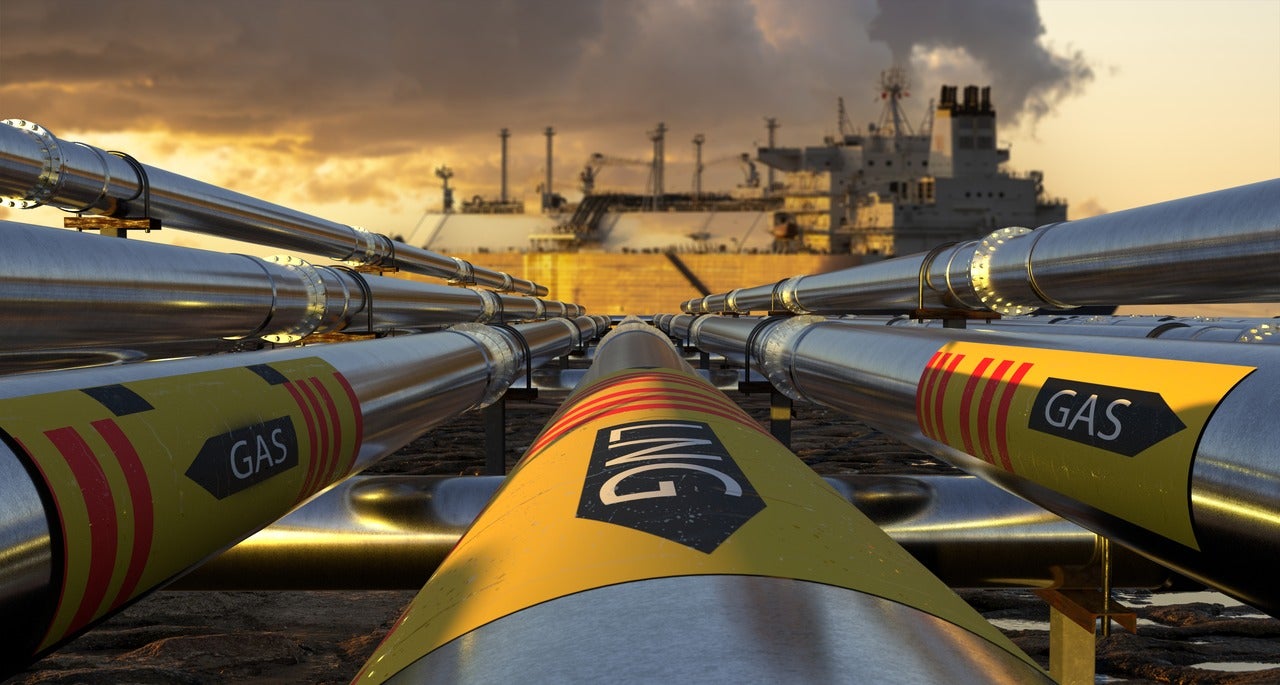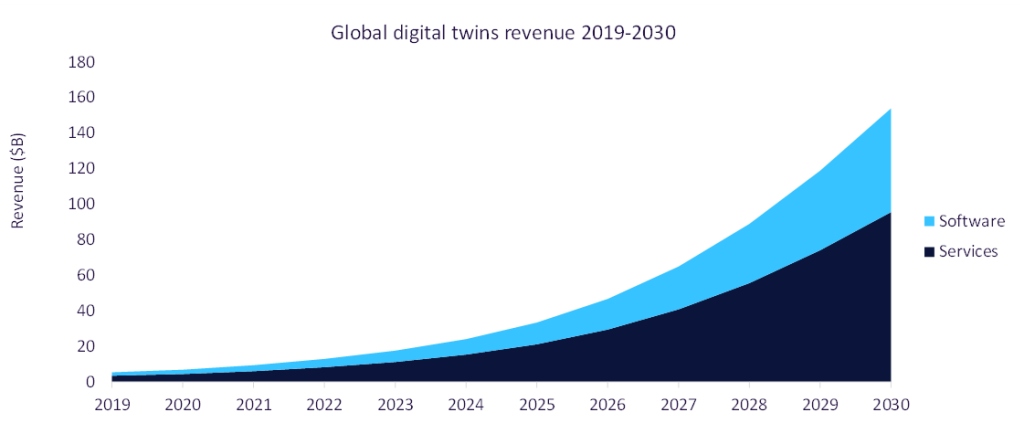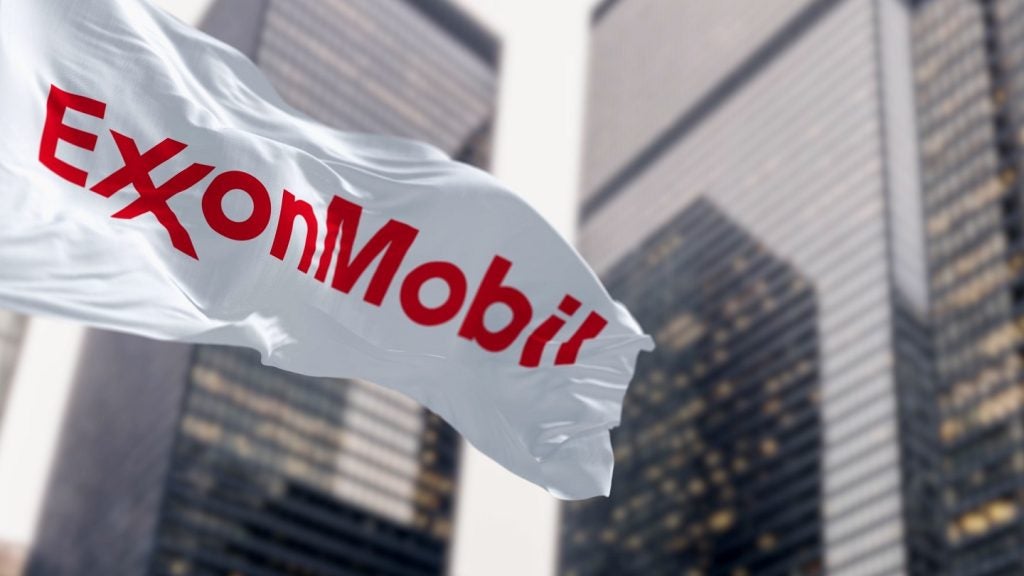
The Australian state of Victoria has announced that from 1 January 2024, new buildings must only connect to electricity networks, banning gas connection in a bid to reduce emissions and costs.
Planning permits for all new homes and residential subdivisions, which includes public and social housing, will only include connection to all-electric networks, according to the Australian Broadcasting Association. The gas ban will include schools, hospitals, police stations and government-owned buildings if they have not yet reached a design stage, effective immediately.
Energy and Resources Minister for the state Lily D’Ambrosio said that all-electric grid hook-ups would cost less than gas connections, and would make heating homes and cooking more affordable for residents. “Gas bills are absolutely eye-watering,” D’Ambrosio said. “Going all electric will save a new homeowner A$1,000 off their energy bills each and every year, and if they have got solar panels it will save them A$2,200.”
The state government said Victoria had the highest use of residential gas in Australia, accounting for approximately 80% of homes. A spokesperson added that the gas sector contributes to around 17% of the state’s total emissions, and the electrification of households was a key part of Victoria’s emissions reduction target, which aims for cuts of 75–80% by 2035 and net zero by 2045.
To aid the transition, D’Ambrosio said the government would supply a A$1m ($666,632) funding package to the construction industry.
“The training programme will be co-designed with industry and the relevant unions to ensure it is the best fit for them,” she said. “The design of that training will also take into account the new 7-star ratings for new homes,” adding that this will not apply to commercial developments.
How well do you really know your competitors?
Access the most comprehensive Company Profiles on the market, powered by GlobalData. Save hours of research. Gain competitive edge.

Thank you!
Your download email will arrive shortly
Not ready to buy yet? Download a free sample
We are confident about the unique quality of our Company Profiles. However, we want you to make the most beneficial decision for your business, so we offer a free sample that you can download by submitting the below form
By GlobalDataThe Australian Petroleum Production and Exploration Association (APPEA), an advocate for the continued use of natural gas, has said that the gas ban will do little to cut emissions because households will be pushed onto the state’s coal-based electricity grid. Power generation in Victoria is heavily dependent on coal and accounts for approximately half of the state’s carbon emissions.
APPEA chief executive Samantha McCulloch said in a statement: “The Victorian government is taking choice away from consumers for limited climate benefit while ignoring the fact that the best way to bring gas prices down is to invest in more gas supply.”
Plumbers working in the state have also expressed dissatisfaction with the lack of consultation regarding the decision. “For the government to drop an announcement like this without any substantive consultation is disappointing but unfortunately not surprising given previous changes to regulation of the industry, which proved to be unworkable,” Master Plumbers CEO Peter Daly said.
“The promise of only $1m in new funding to assist the entire construction industry in delivering what the government has promised is completely unrealistic.”
Rewiring Australia, an NGO that advocates for electrification, has backed the move, saying that “electrification is the fastest and most cost-effective way to shave thousands of dollars a year from energy bills and lower our emissions”. Environment Victoria, another NGO, has also praised the ban as a “bold and necessary step”.






